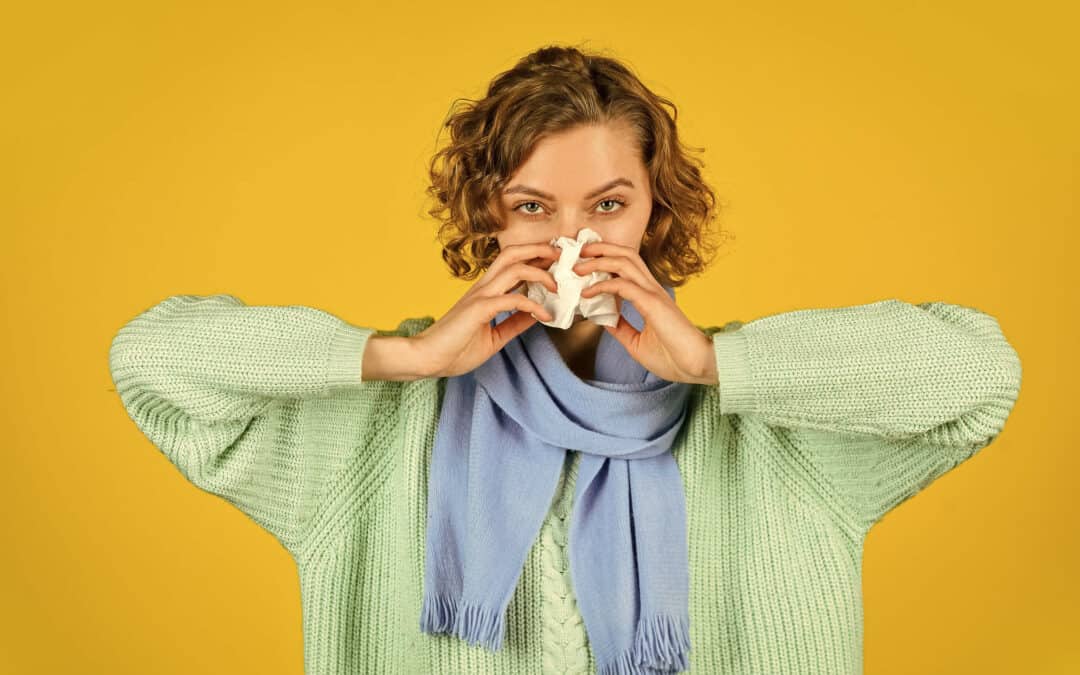For many people, the arrival of spring and summer means enjoying outdoor activities and basking in the warmth of the sun. However, these seasons can also bring out allergy symptoms. Spring and summer allergies have different triggers and symptoms, and understanding the differences can help you manage your symptoms effectively.
Common Triggers of Spring Allergies
- Pollen: Spring is notorious for pollen production. Trees, such as oak, birch, maple, cedar, and pine, release large amounts of pollen. These tiny, lightweight particles are easily carried by the wind and can travel long distances, leading to widespread allergies. Grass pollen is also a common trigger in the spring, especially as lawns start to green up and grasses begin to grow.
- Hay Fever: Also known as allergic rhinitis, hay fever is a prevalent allergic reaction during the spring season. It is characterized by symptoms that include sneezing, congestion, a runny nose, itchy eyes, and throat irritation. These symptoms occur when the immune system overreacts to allergens such as pollen.
- Mold: Although commonly associated with damp and humid environments, mold can also trigger allergies during the spring. Melting snow and rainwater provide the moisture needed for mold to thrive. Mold spores can be found both indoors and outdoors, making individuals with mold allergies susceptible to symptoms such as sneezing, coughing, wheezing, and itchy eyes.
- Outdoor Allergens: Springtime activities, such as gardening and yard work, can expose individuals to a range of outdoor allergens. Handling plants, flowers, and soil can cause allergic reactions in sensitive individuals.
Common Triggers of Summer Allergies
- Grass Pollen: While grass pollen can trigger allergies in the spring, it reaches its peak during the summer months. People sensitive to grass pollen may experience symptoms such as sneezing, itching, watery eyes, and nasal congestion.
- Weed Pollen: Summer is the season when weed pollens become prominent, causing allergic reactions in susceptible individuals. Common weeds such as ragweed, pigweed, and lamb’s quarters release large amounts of pollen during this time.
- Insect Allergies: Summer brings an increase in insect activity, and for some individuals, this means dealing with insect allergies. Stings from bees, wasps, and other insects can result in allergic reactions ranging from mild swelling to life-threatening anaphylaxis.
Tips for Managing Spring and Summer Allergies
Here are some ways to manage allergies:
- Stay Informed: Keep track of pollen forecasts and plan your outdoor activities accordingly. There are many websites and smartphone apps that provide real-time pollen counts and allergen information for specific areas. By staying informed, you can minimize your exposure during high-pollen times.
- Limit Outdoor Exposure: When pollen counts are high, try to limit your time outdoors, especially during the early morning and late afternoon when pollen levels tend to peak. If you must go outside, consider wearing sunglasses to protect your eyes from pollen and using a face mask or scarf to cover your nose and mouth.
- Create an Allergy-Free Zone: Make your home a safe haven from allergens by creating an allergy-free zone. Keep windows closed to prevent pollen from entering, use air purifiers with HEPA filters to reduce allergens indoors, and regularly clean and vacuum your living spaces to minimize pollen and dust buildup.
- Practice Increased Personal Hygiene: After spending time outdoors, shower and change clothes to remove any allergens that may have attached to your hair or clothing. This helps minimize exposure and reduces the risk of allergens spreading inside your home.
- Try Nasal Irrigation: Nasal irrigation, using a saline solution or a neti pot, can help clear out allergens and relieve nasal congestion. This practice flushes out irritants and moistens the nasal passages, reducing the severity of allergy symptoms.
- Use Over-the-Counter Medications: Over-the-counter antihistamines, decongestants, and nasal sprays can provide temporary relief from allergy symptoms. Consult with a pharmacist or healthcare professional to find the best medication for your specific needs.
- Seek Professional Help: If your symptoms persist or significantly impact your quality of life, consult with an ENT specialist. They can conduct tests to determine your specific allergens and create a personalized treatment plan to manage symptoms
Visit Us Today
While spring and summer allergies can be a pain, you can develop strategies to manage your symptoms effectively. Visit us today for personalized guidance, diagnosis, and treatment options to help you find relief from your seasonal allergies.

